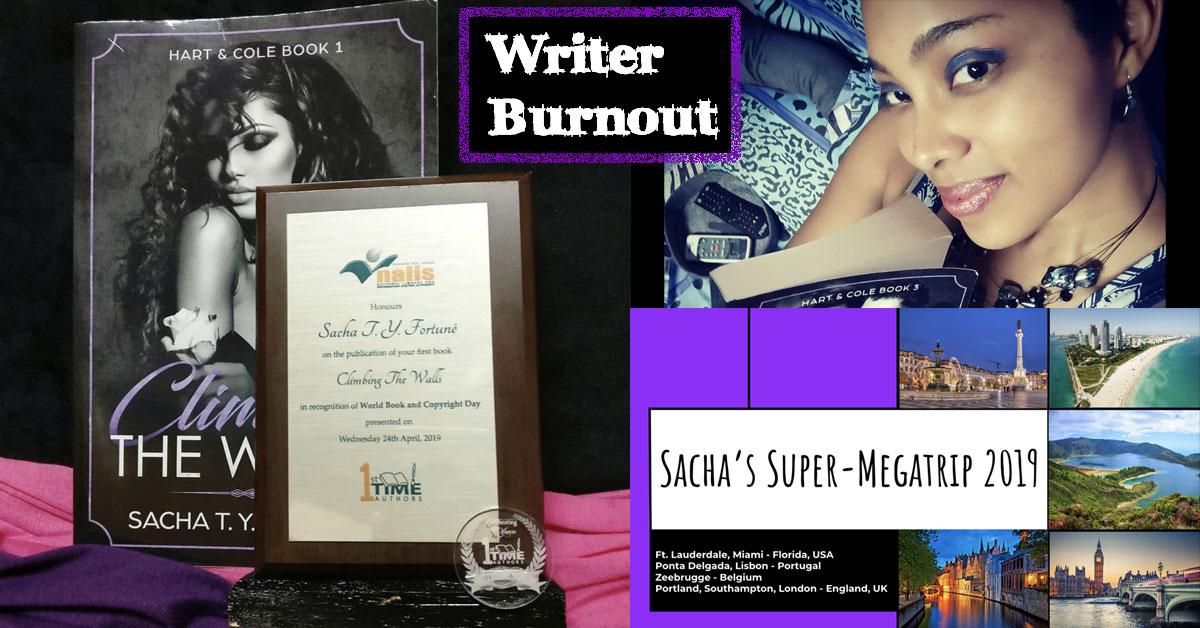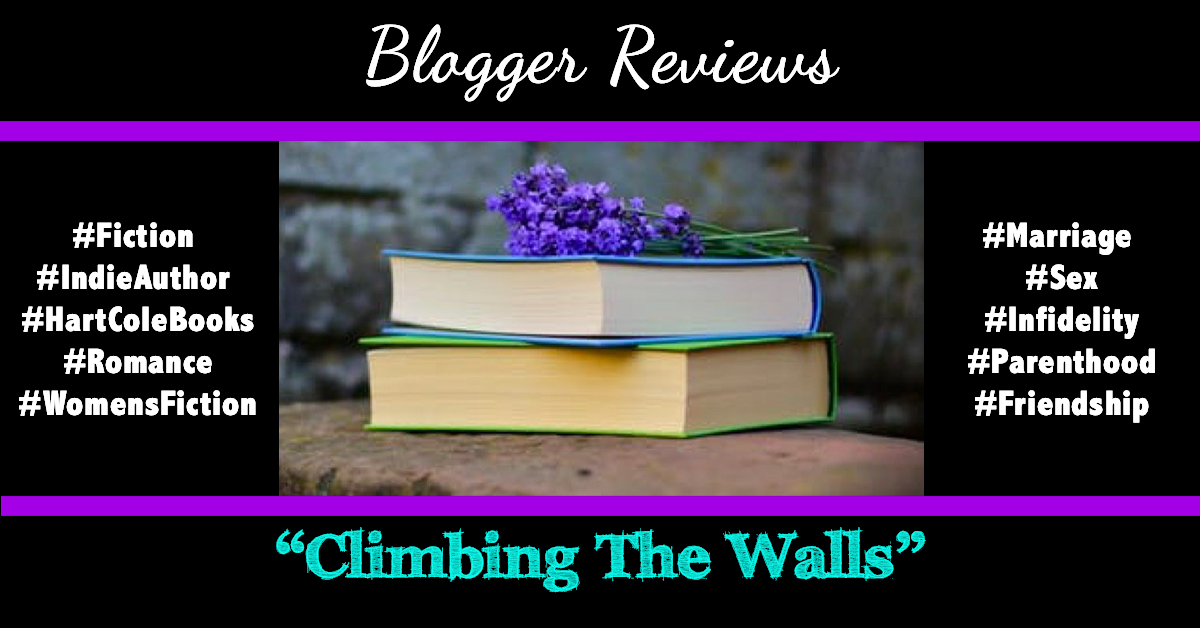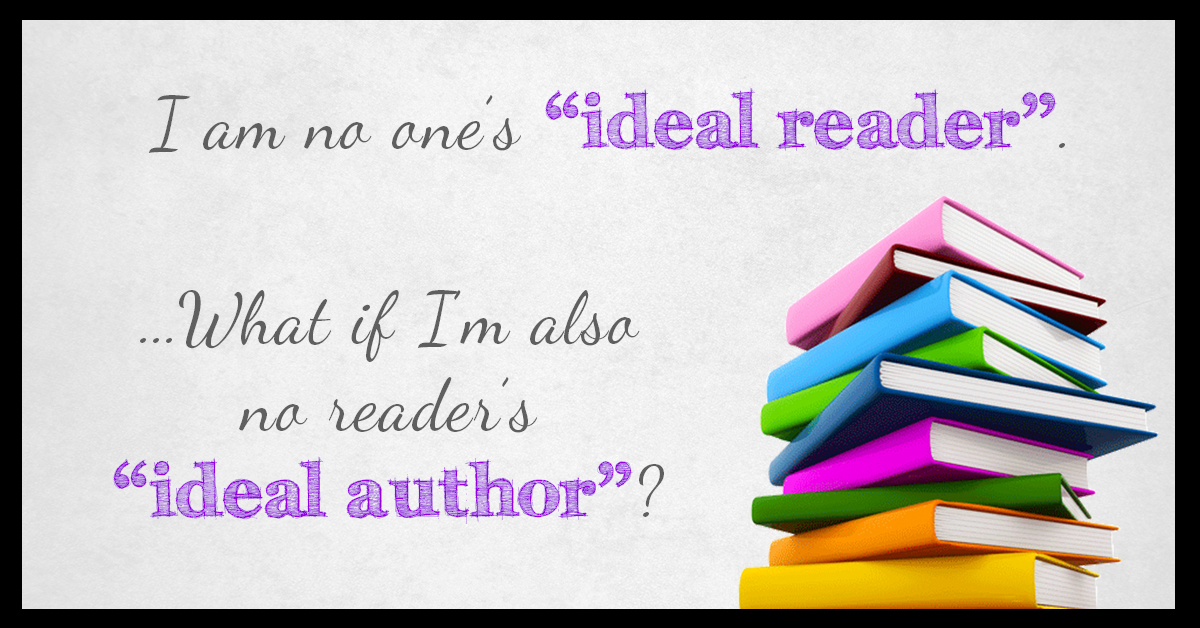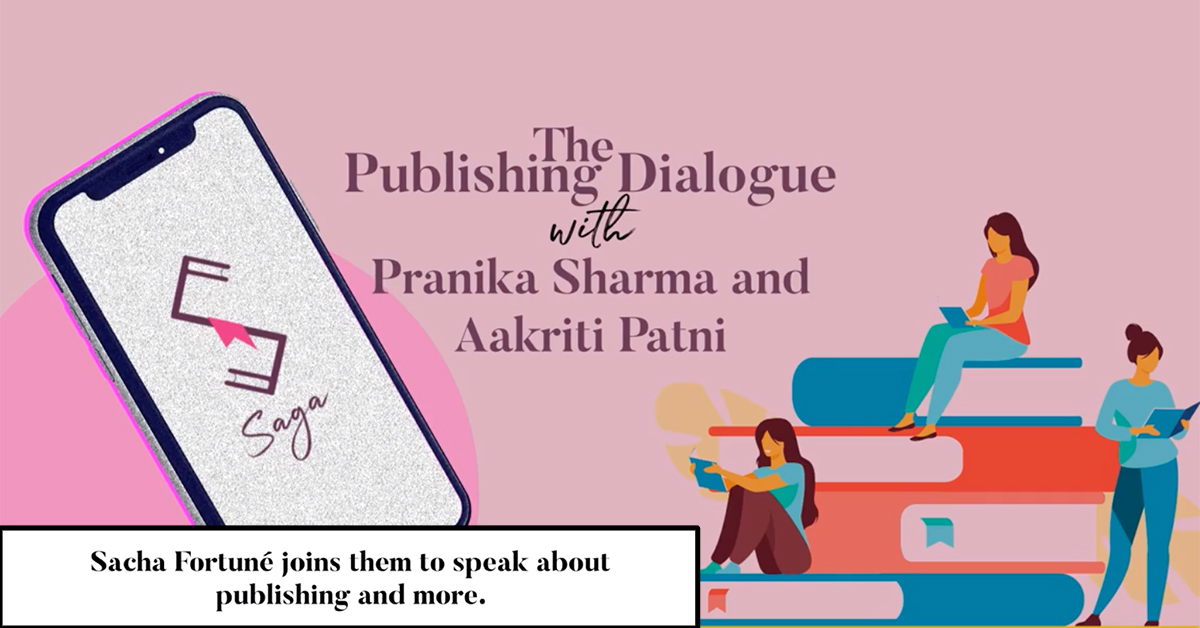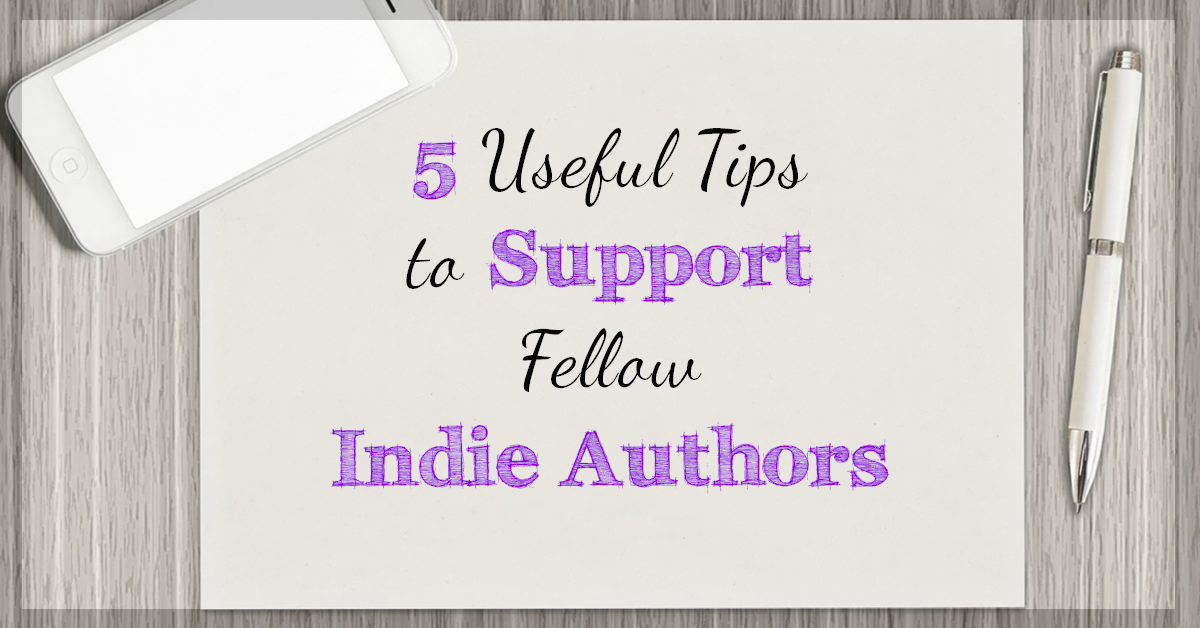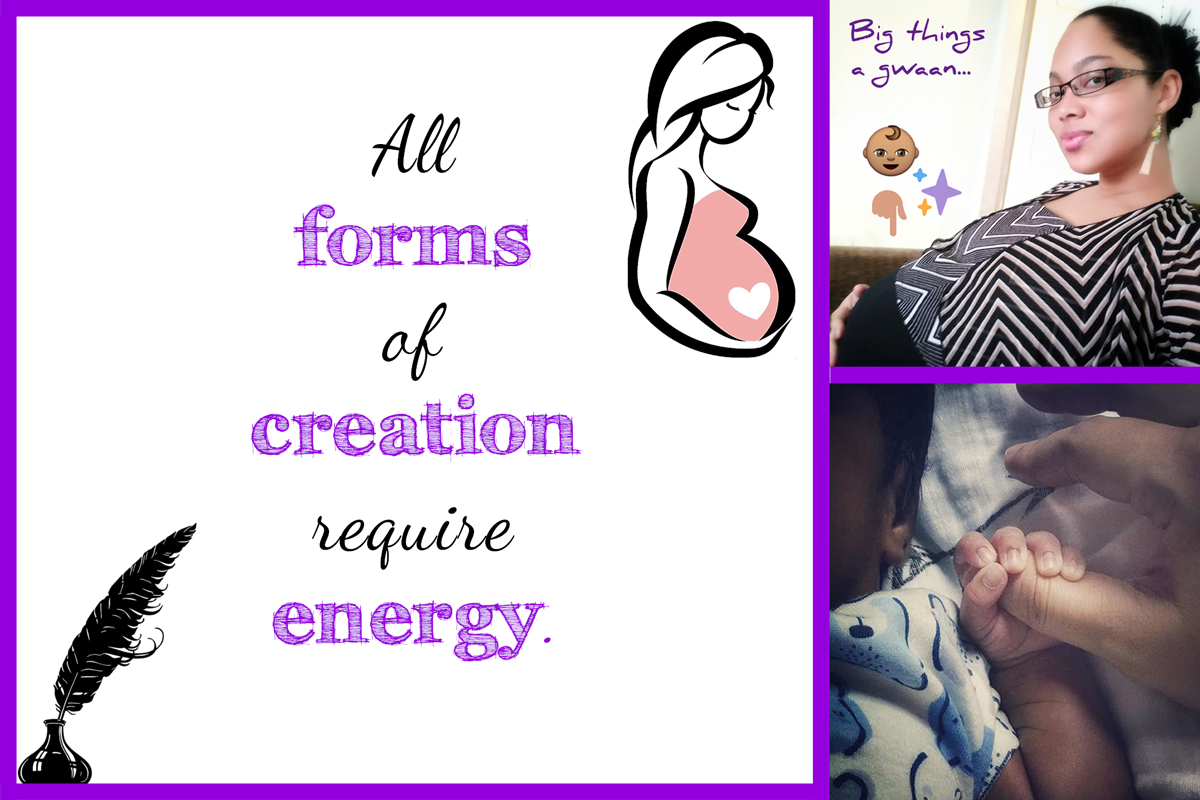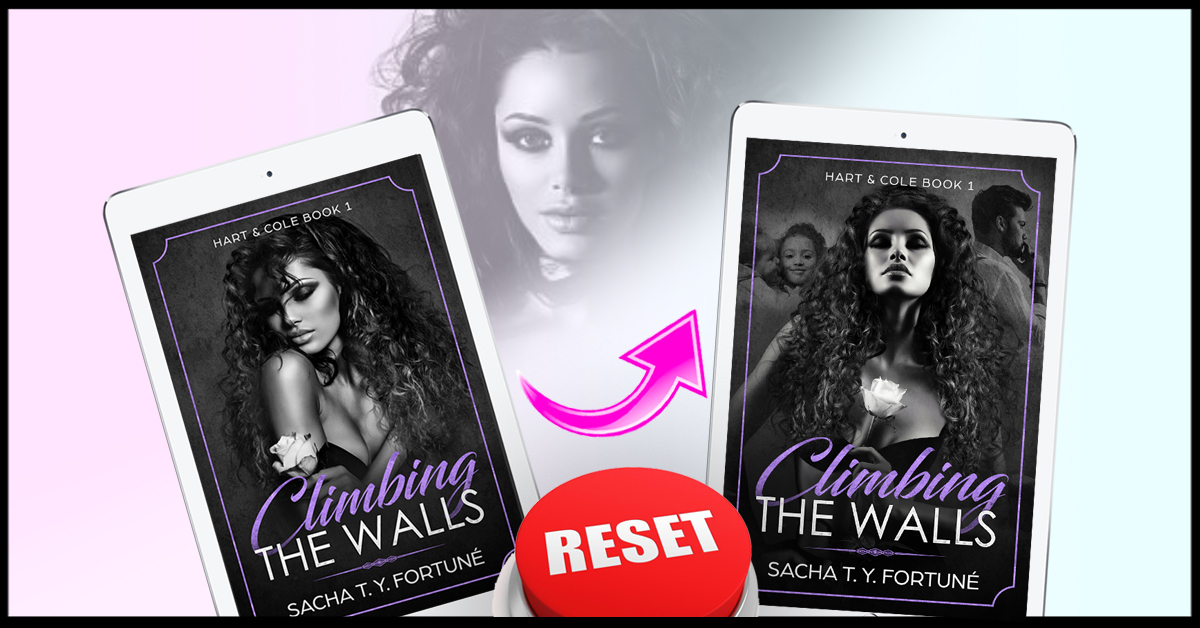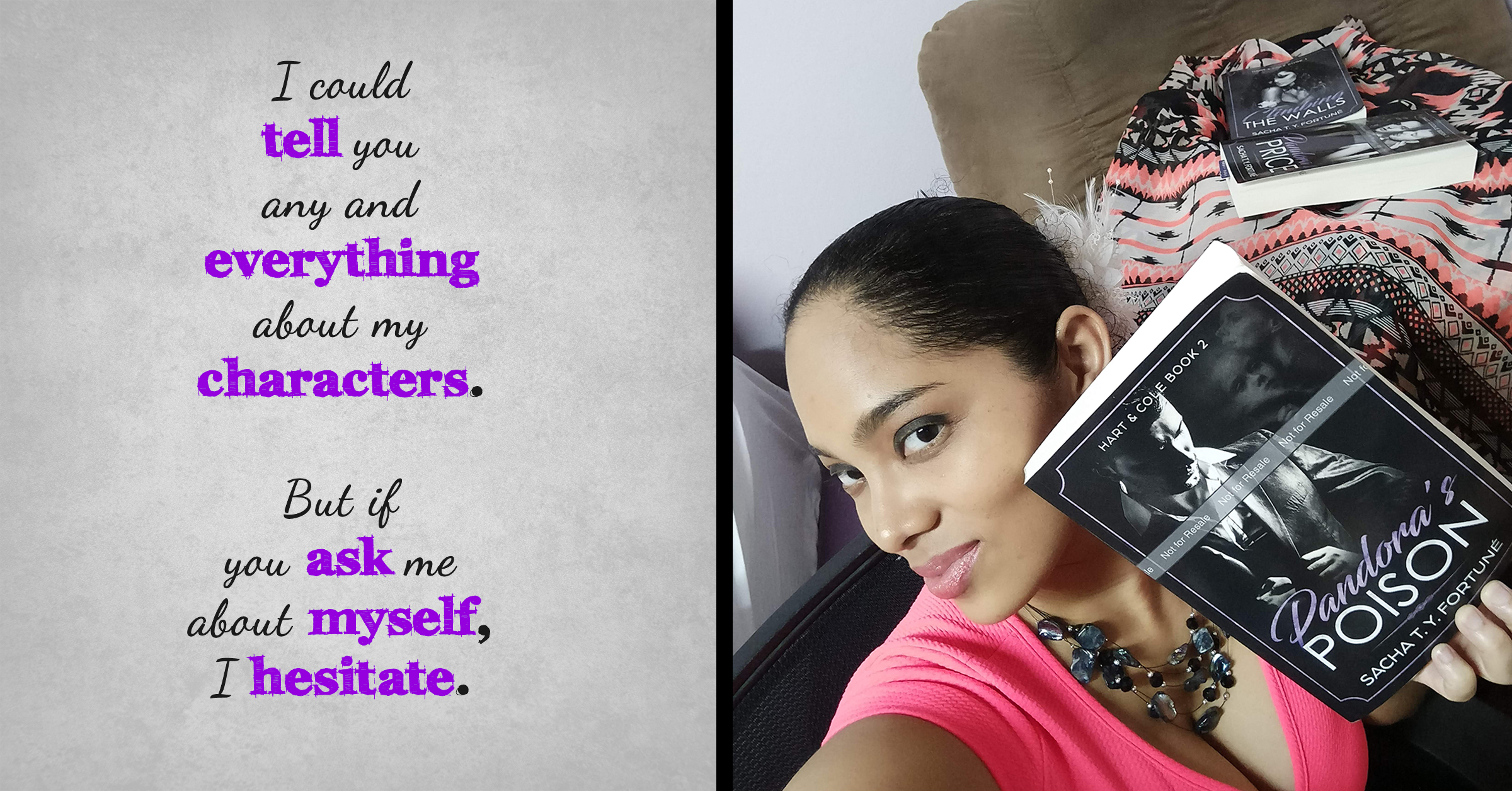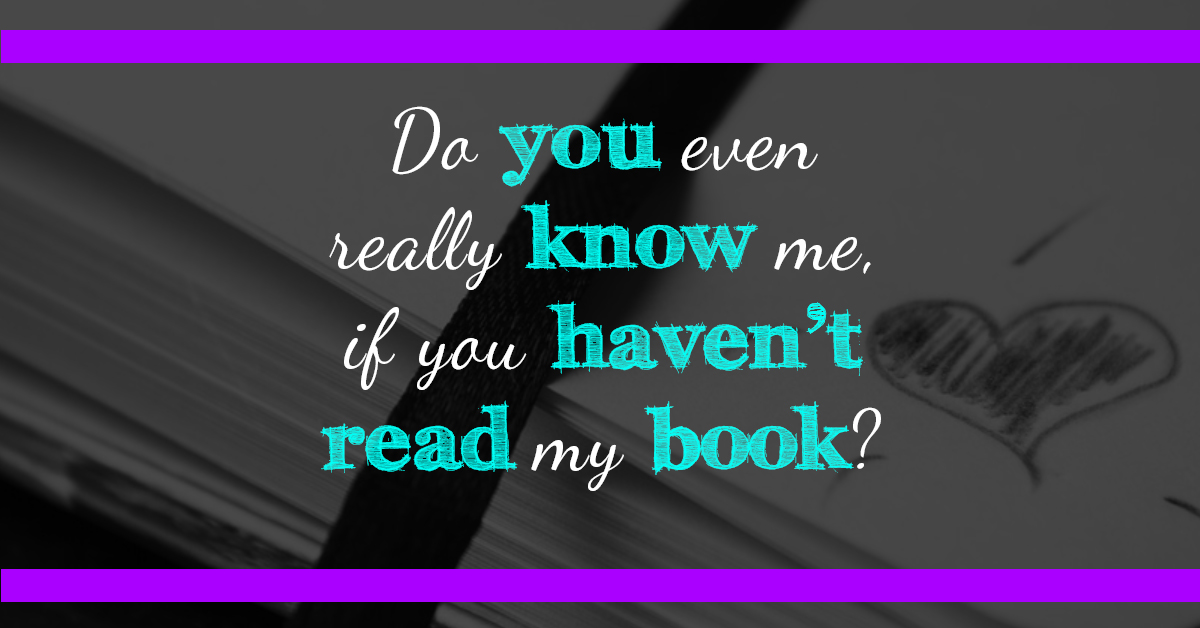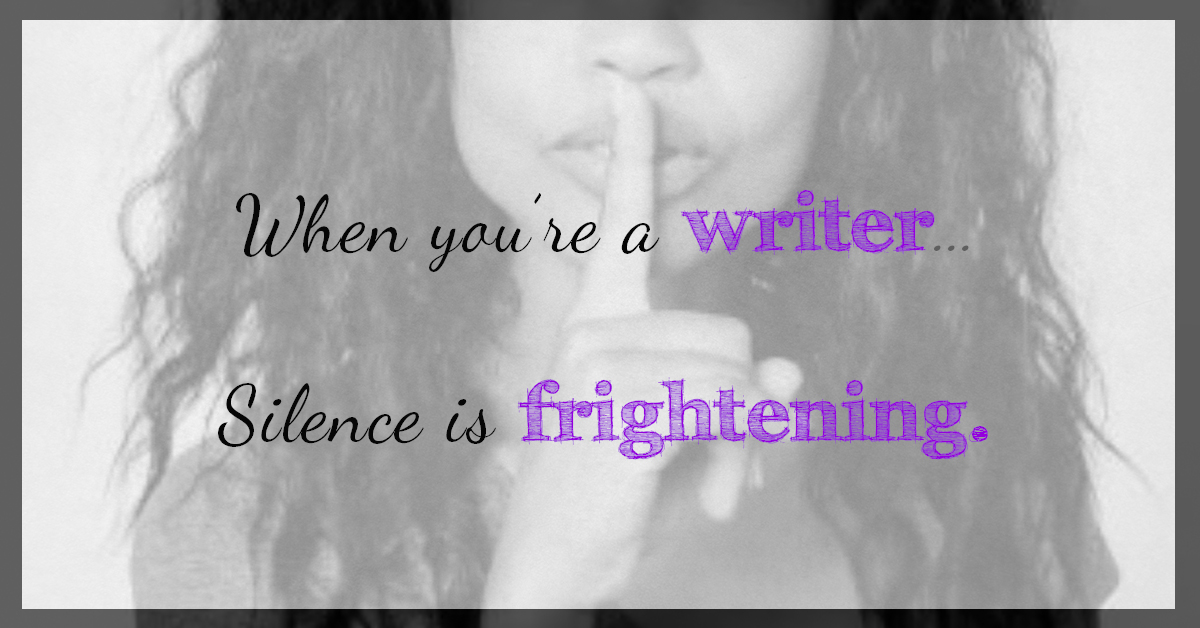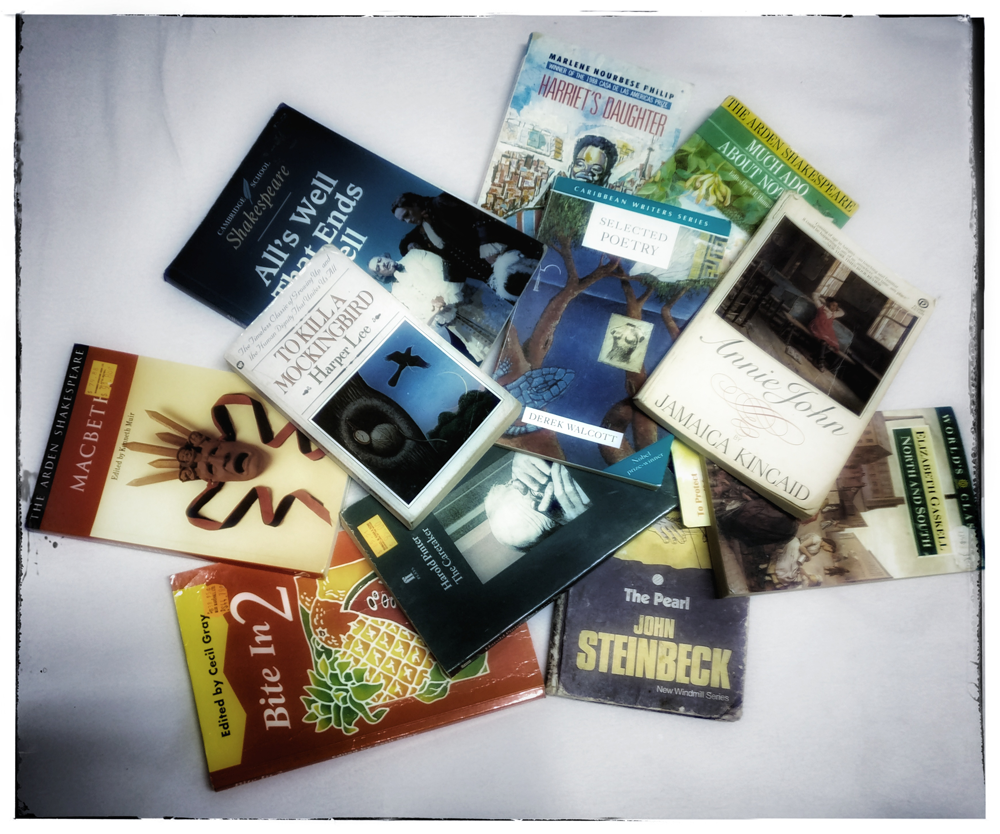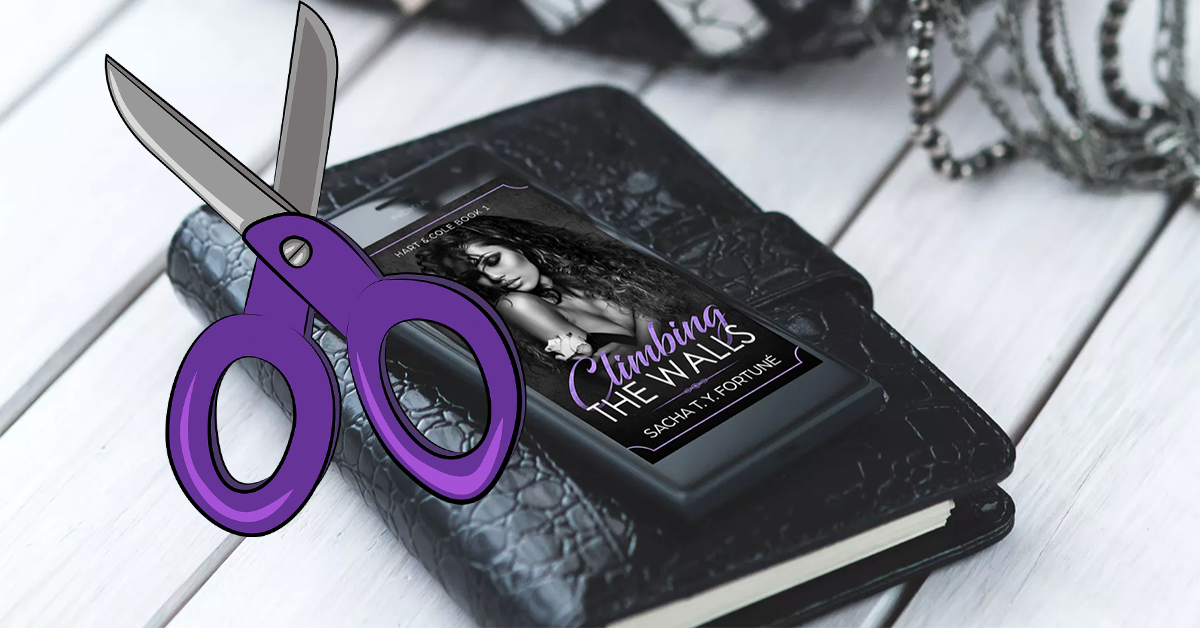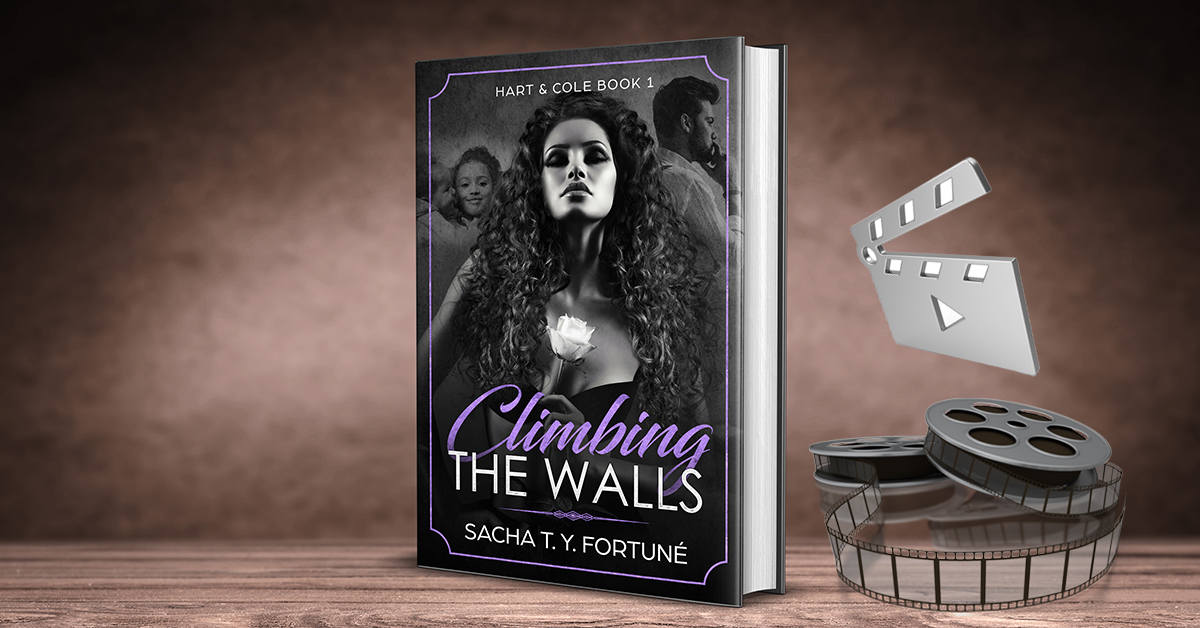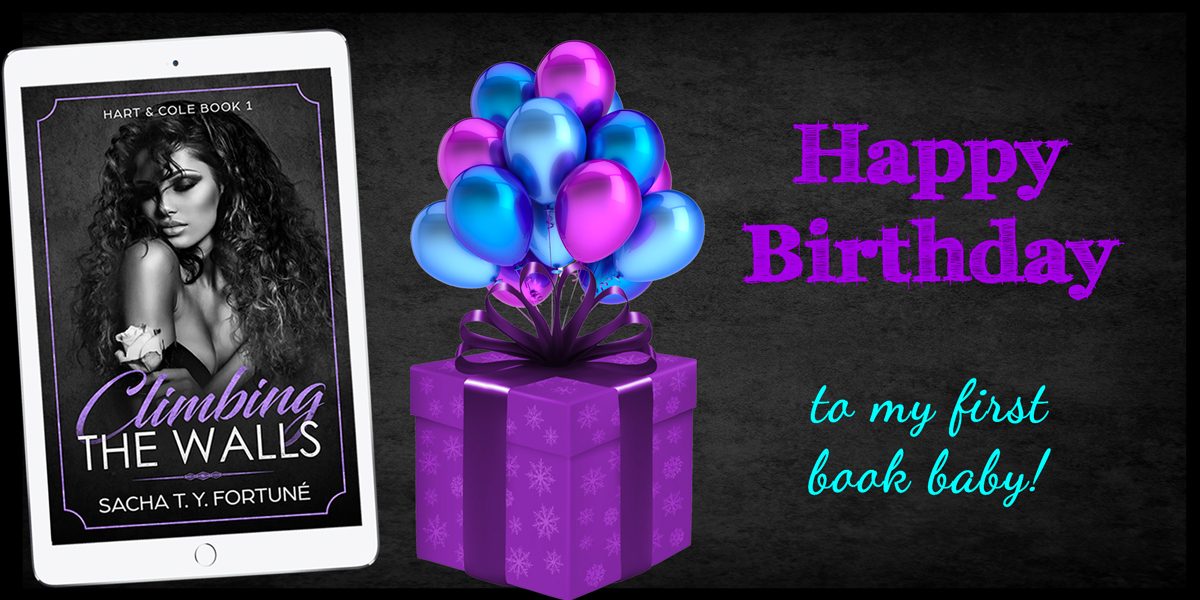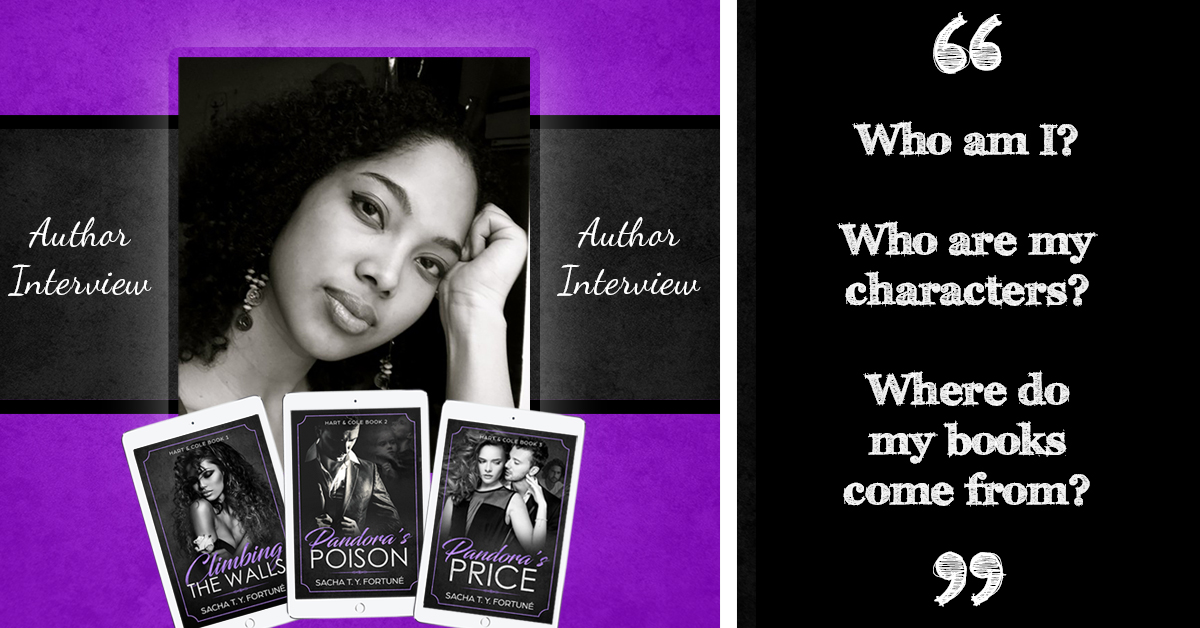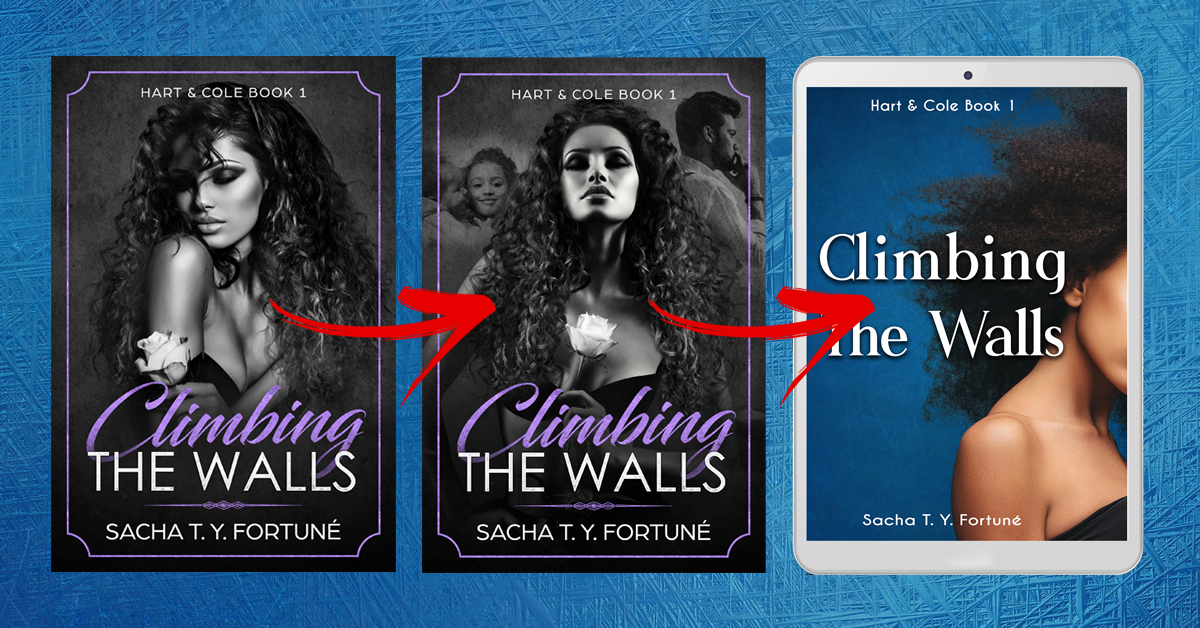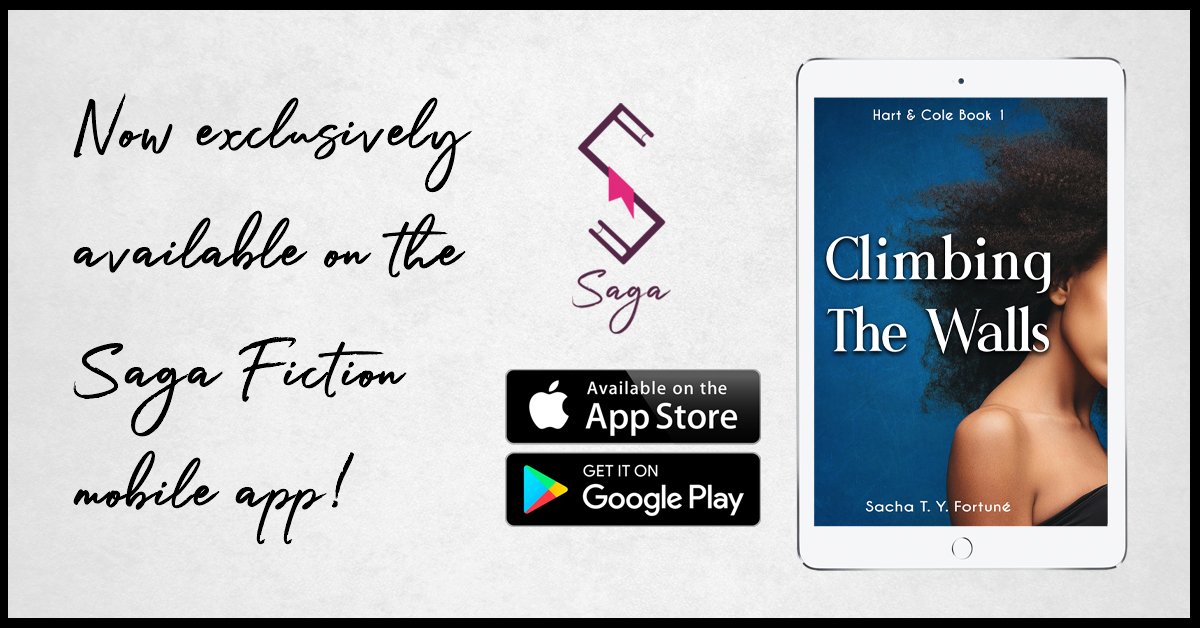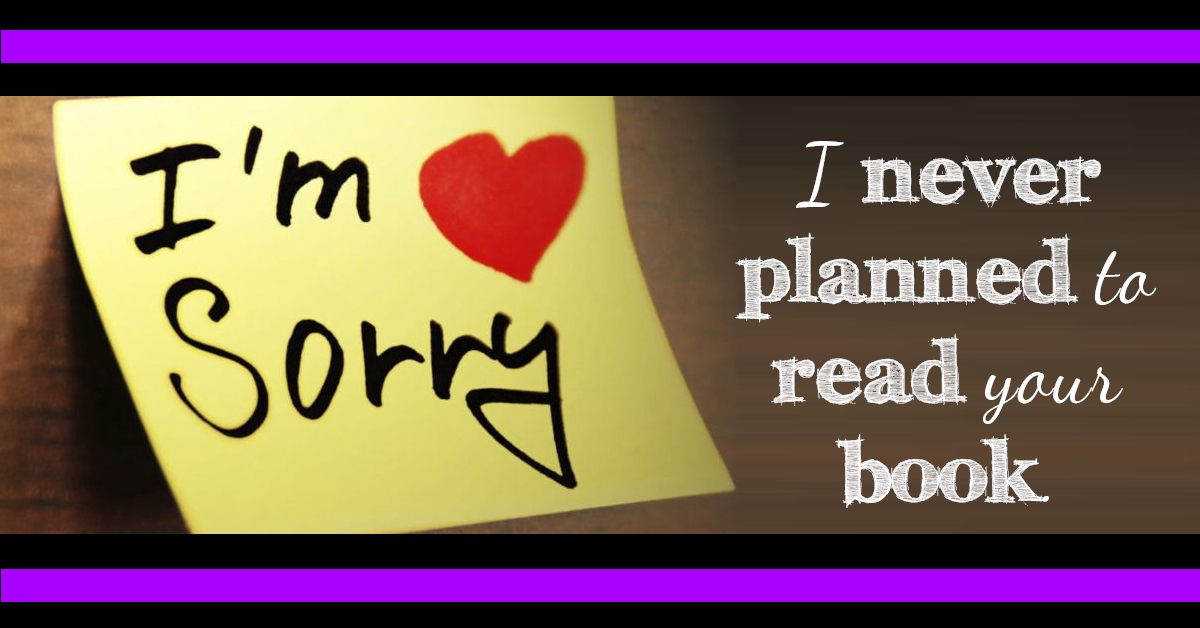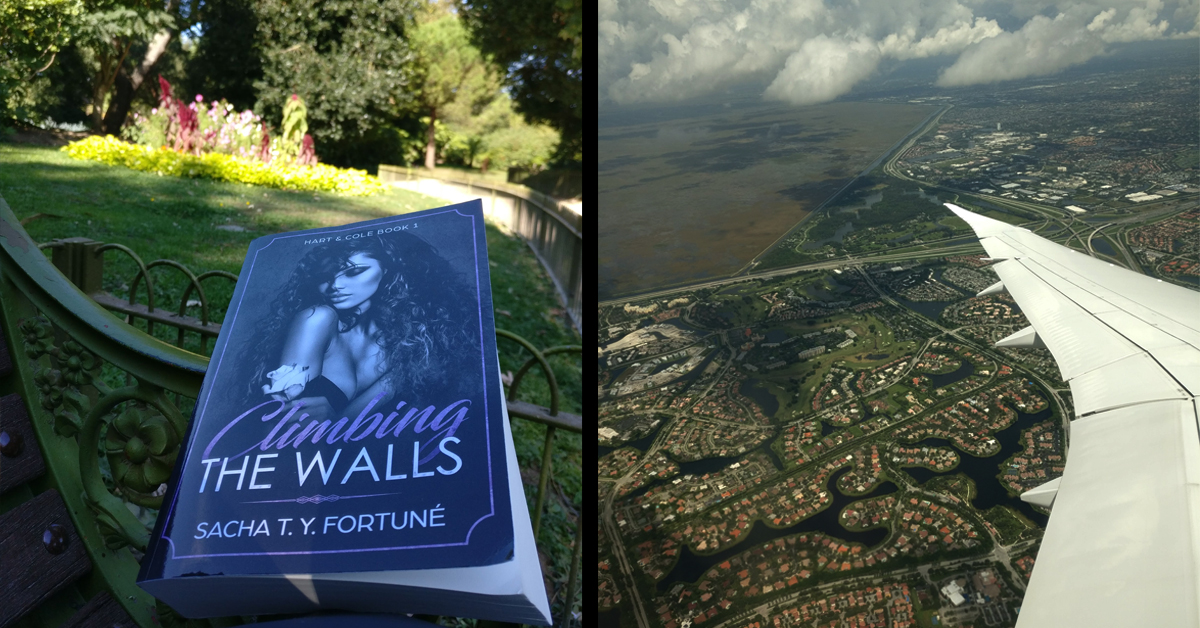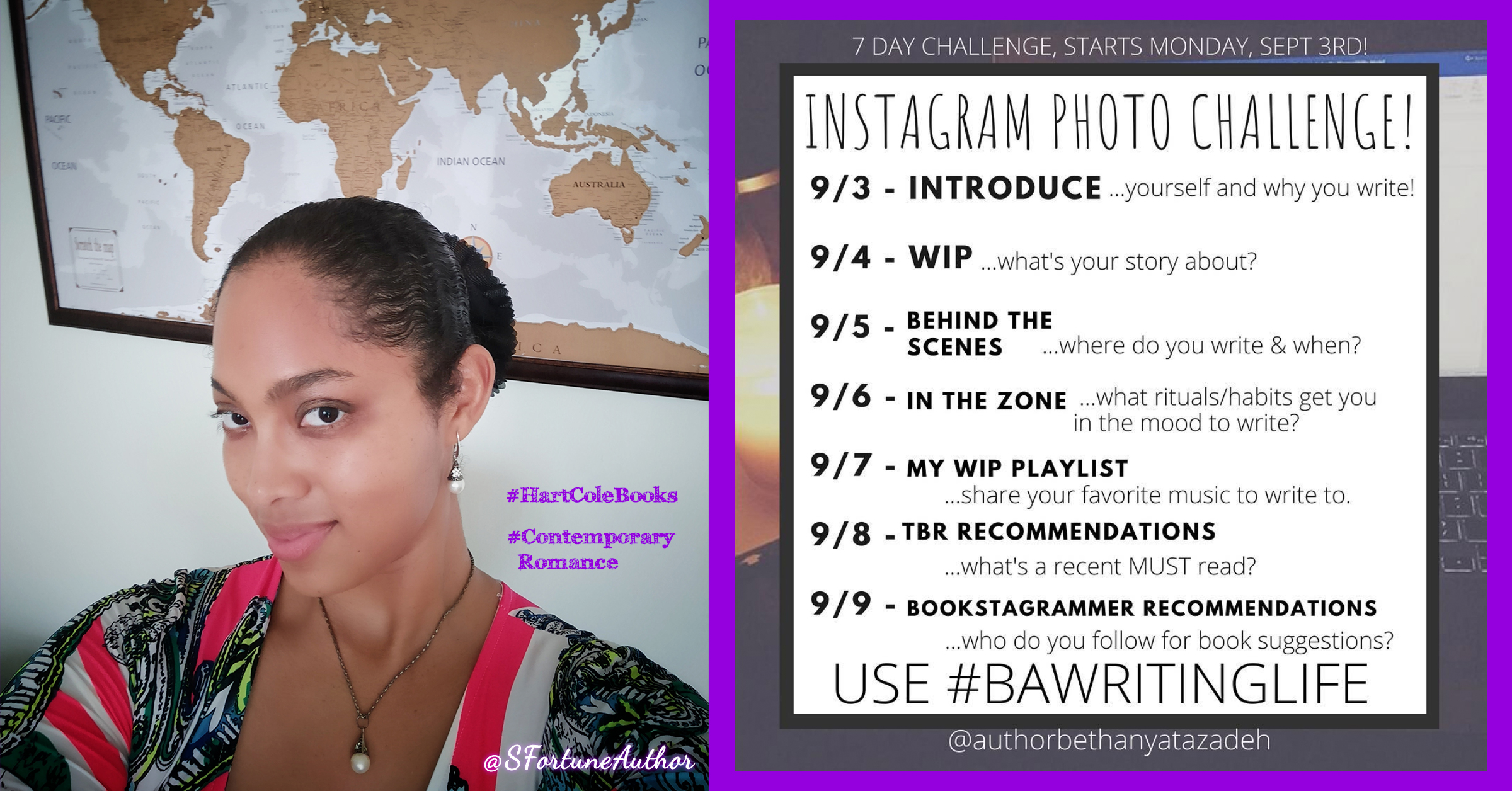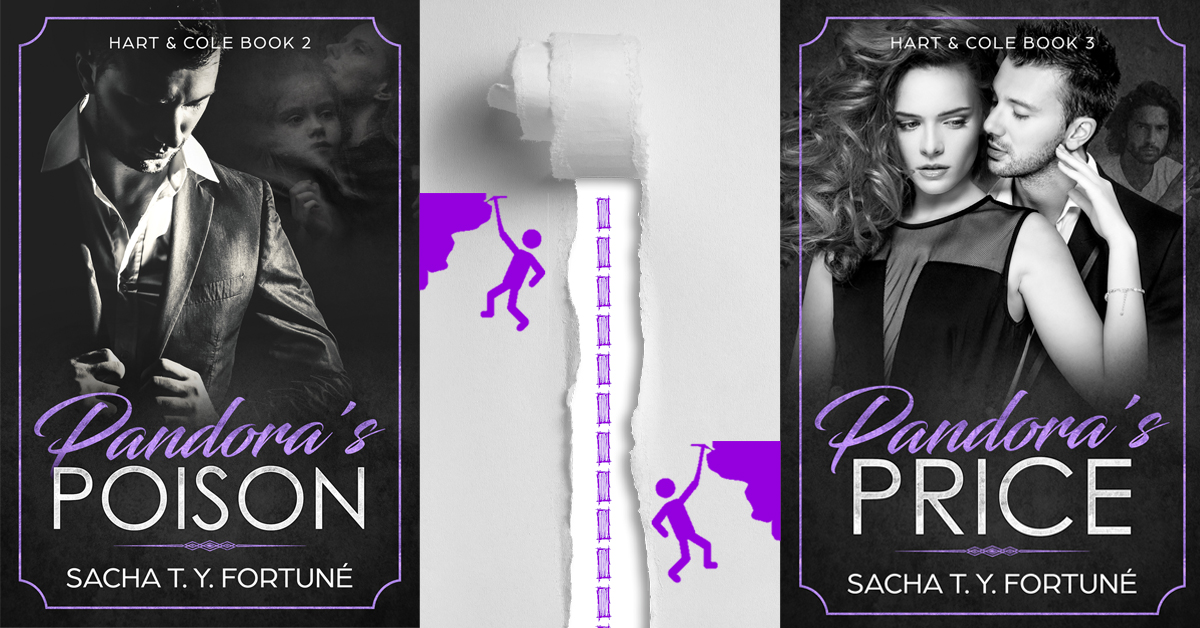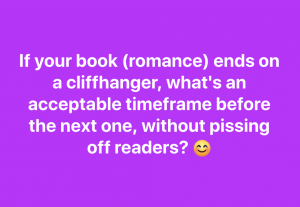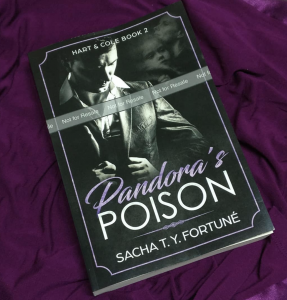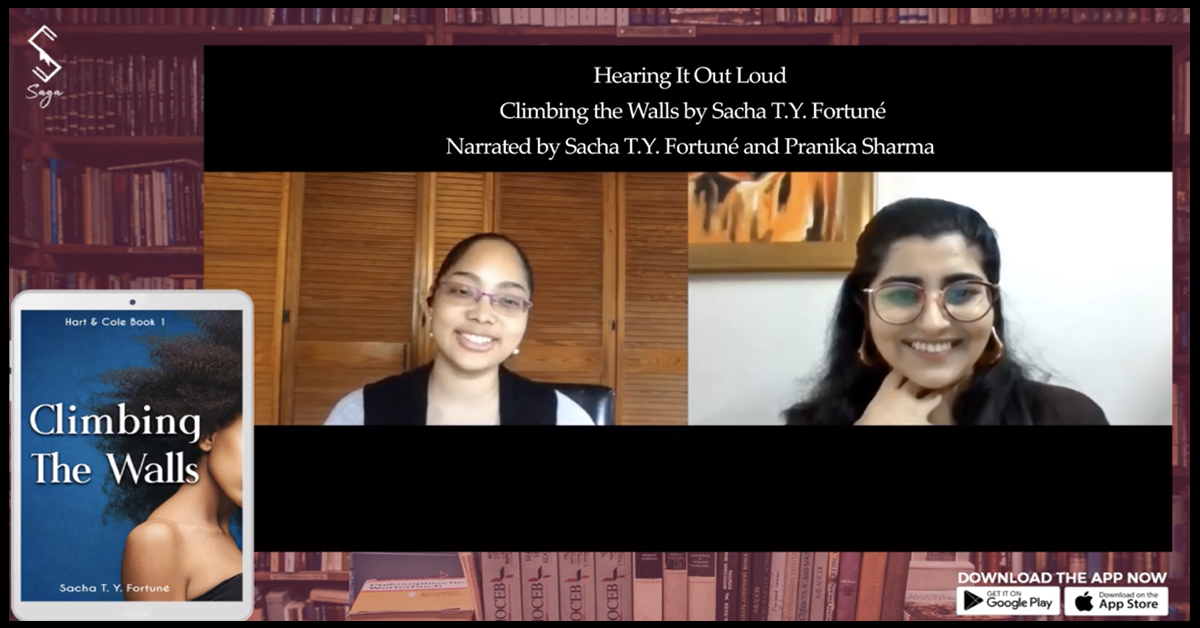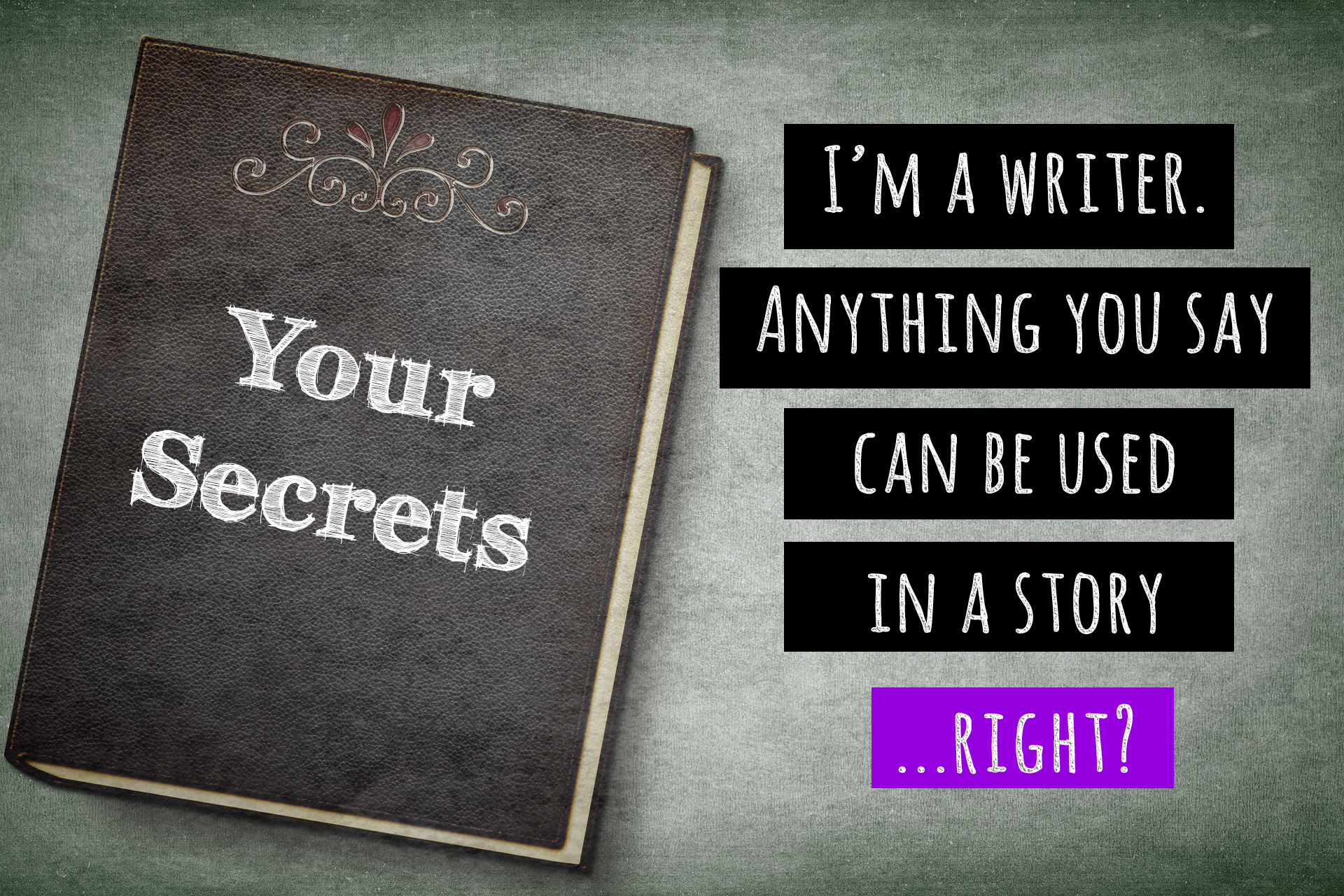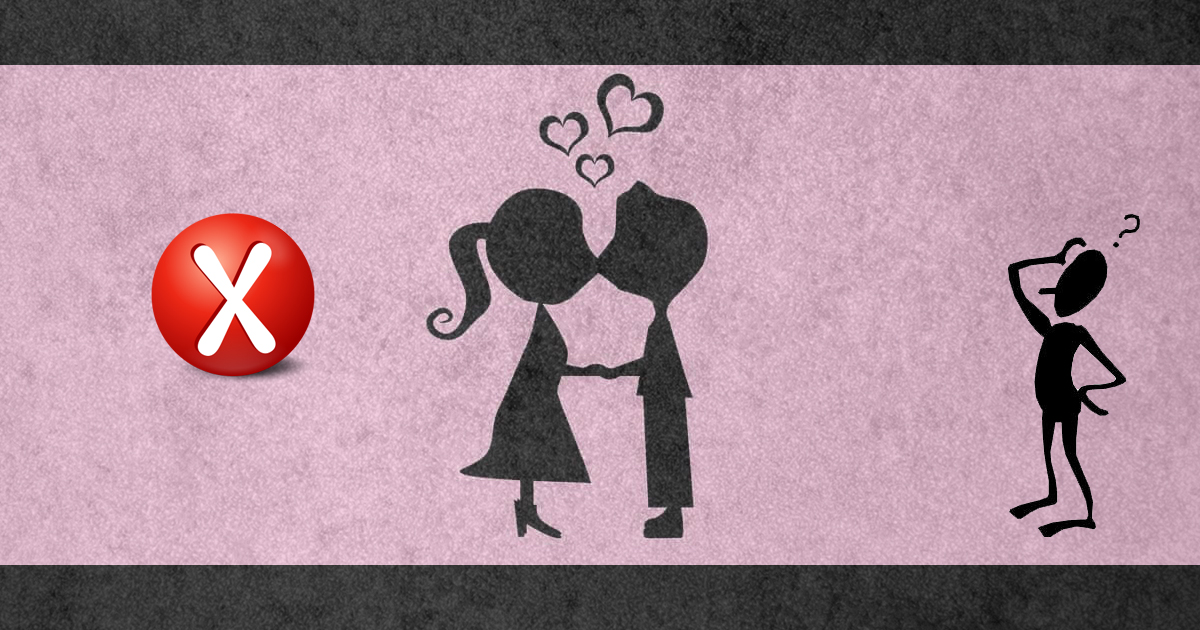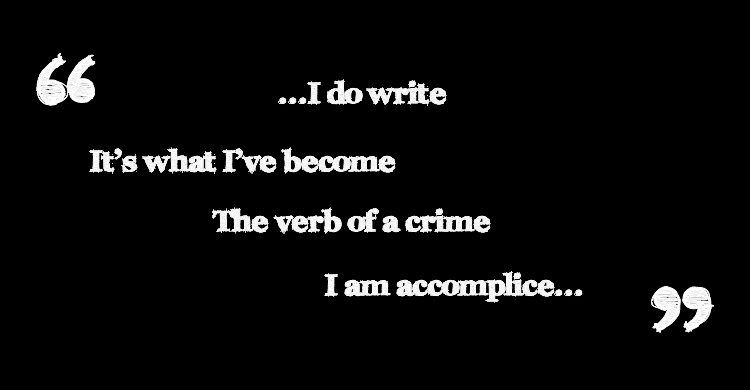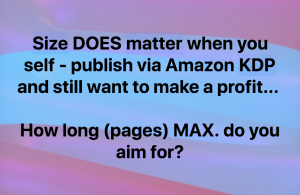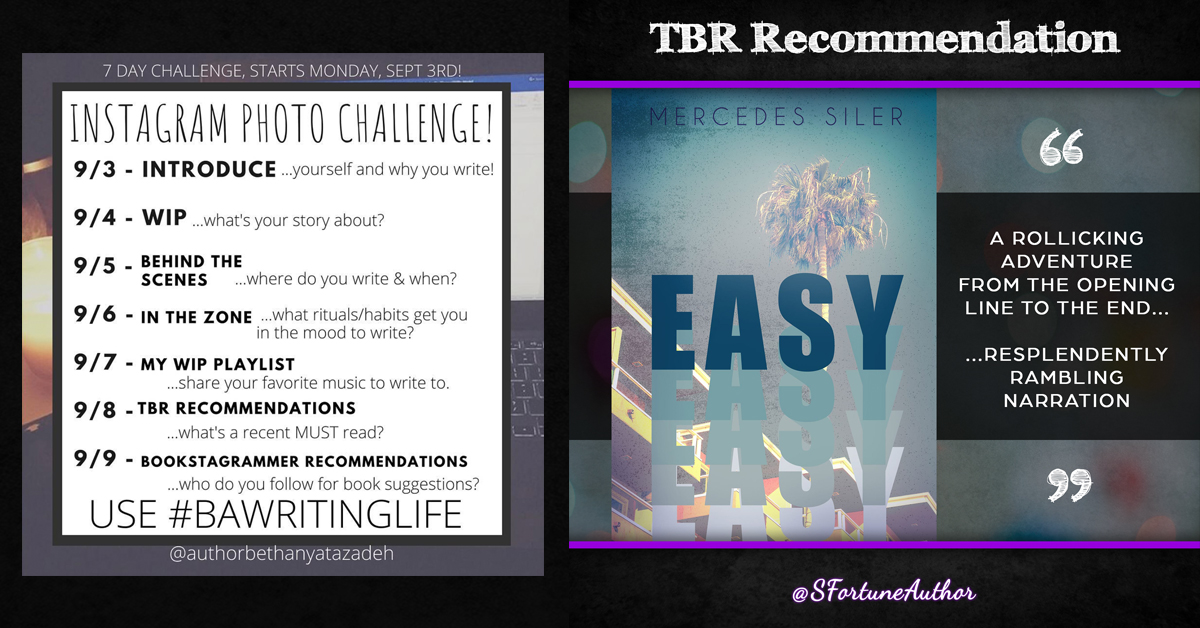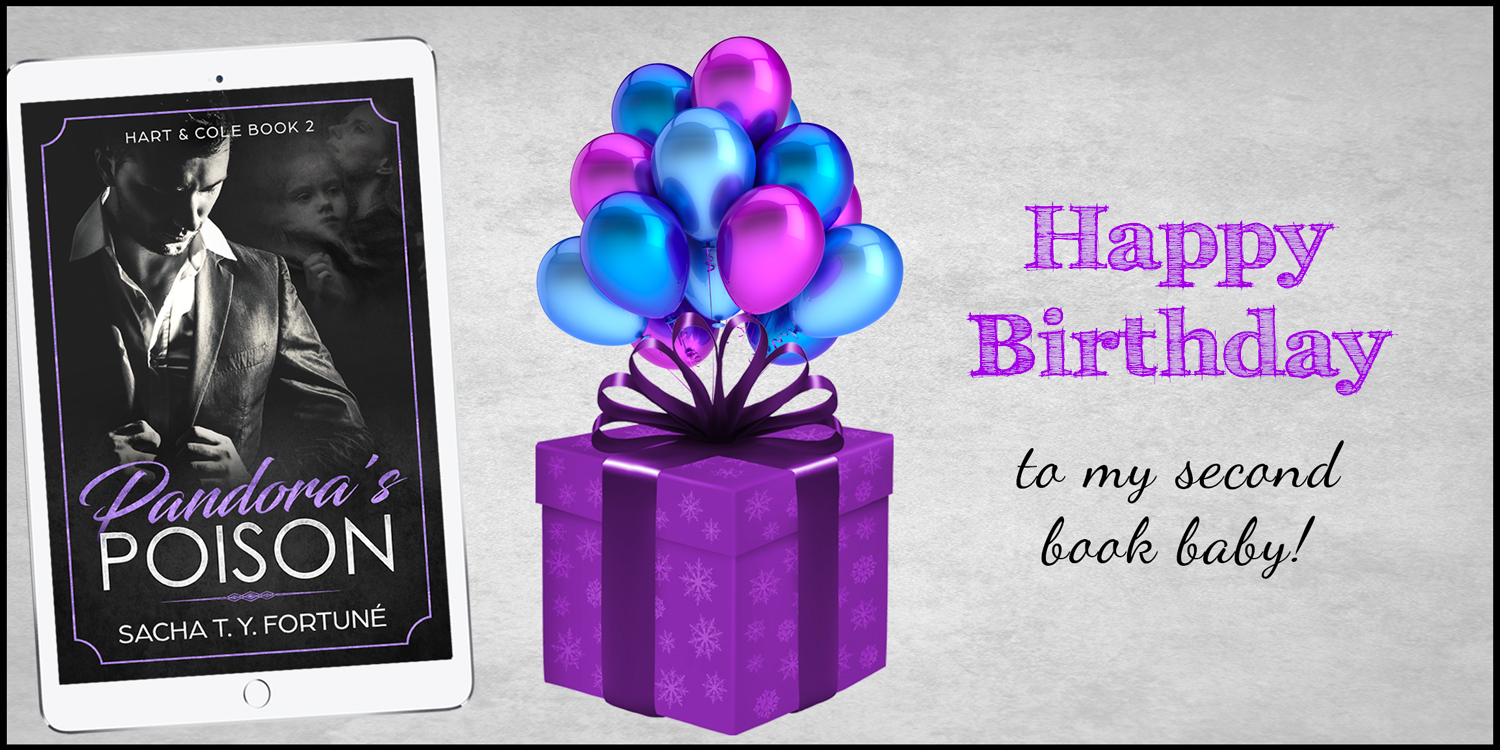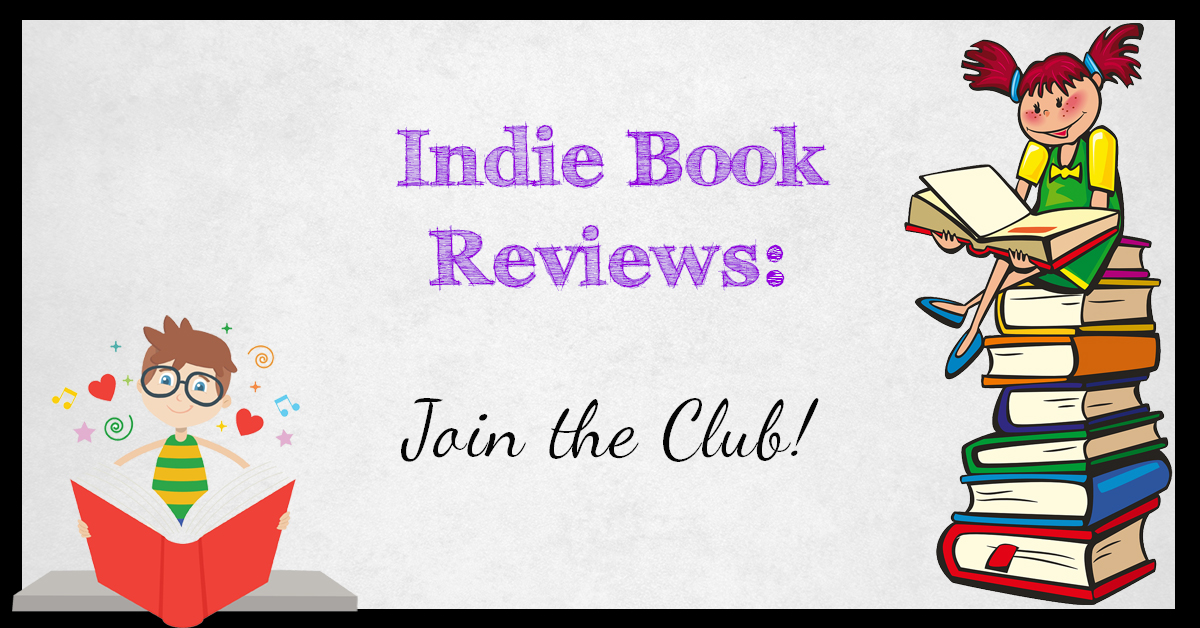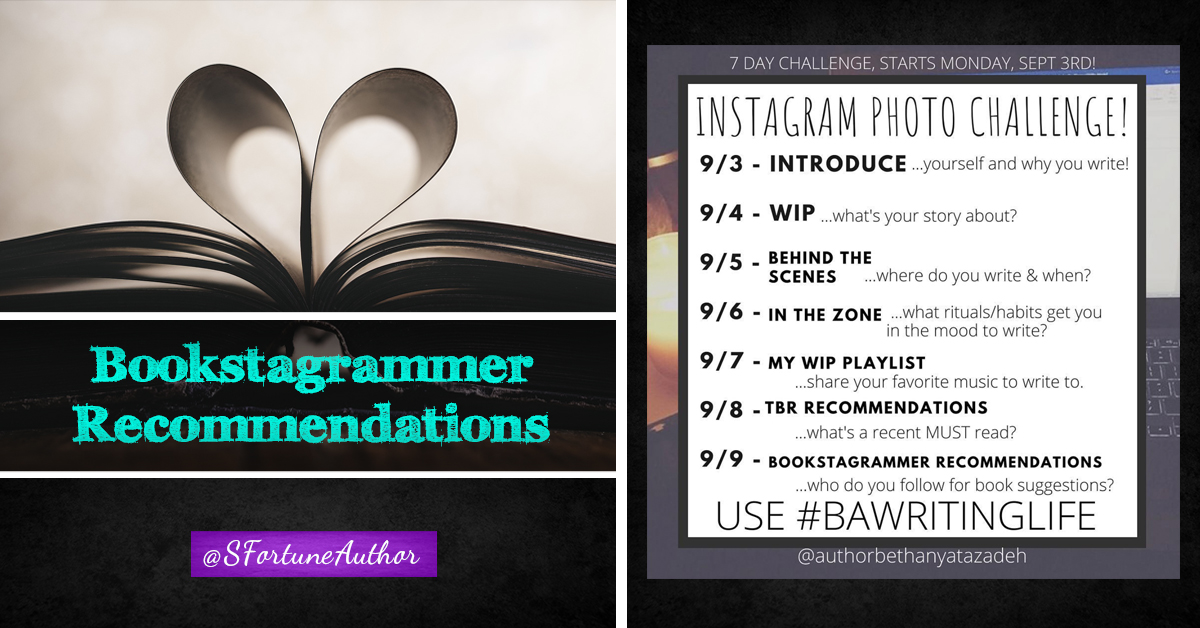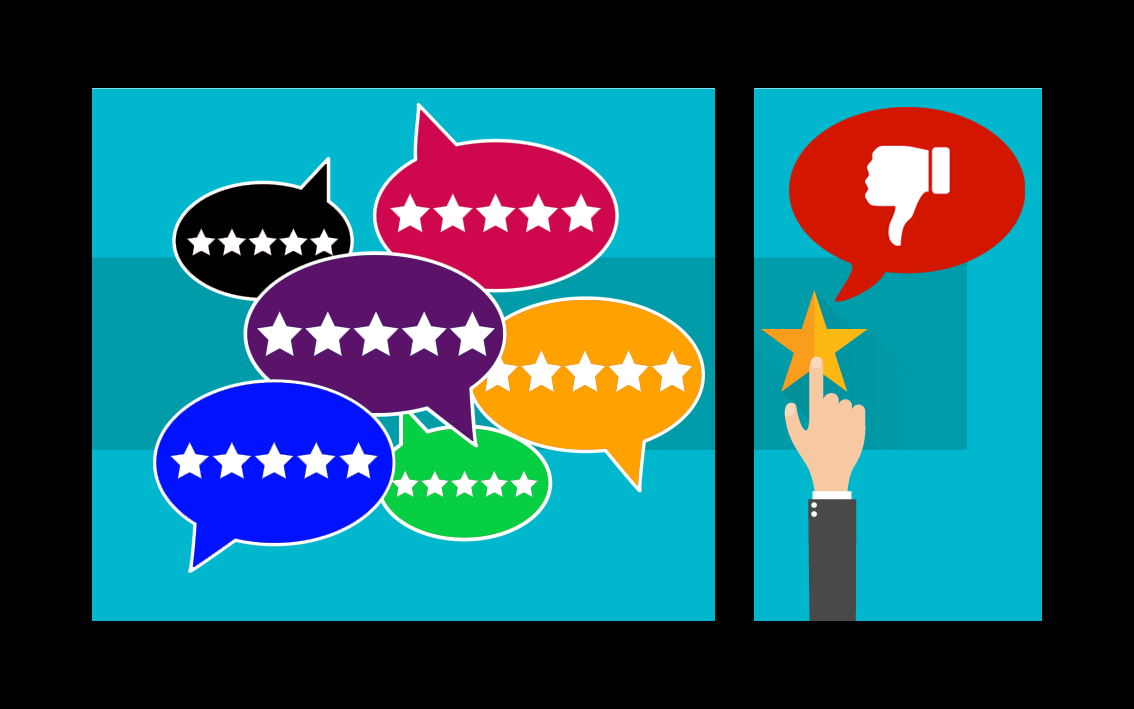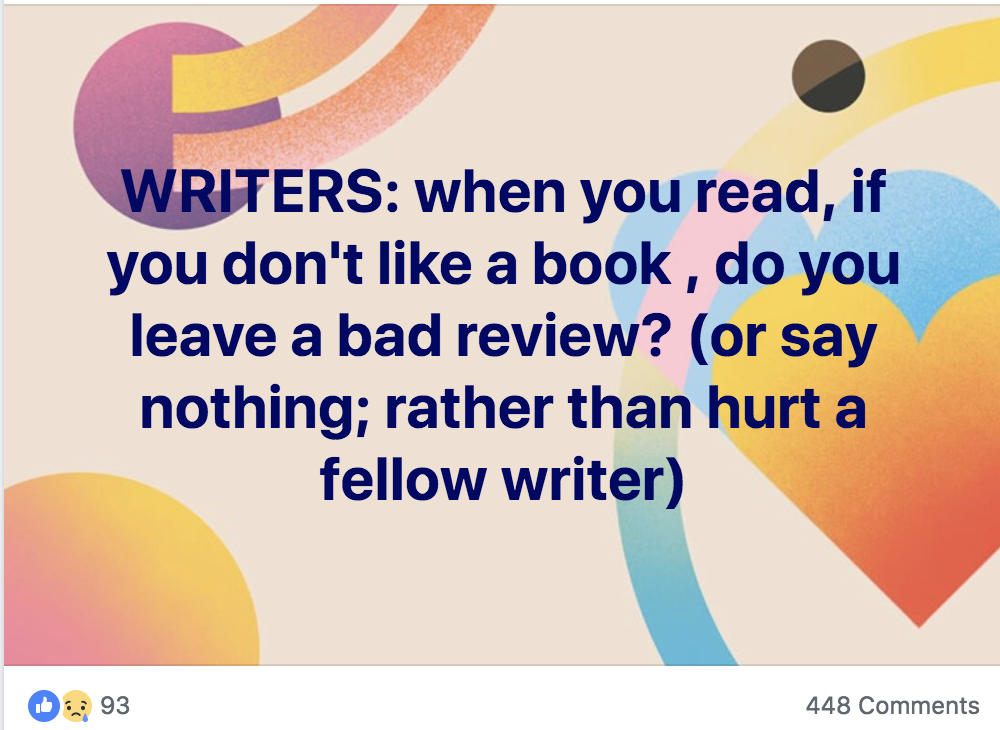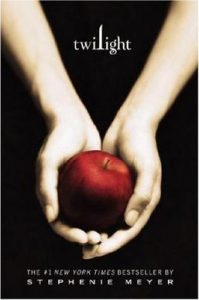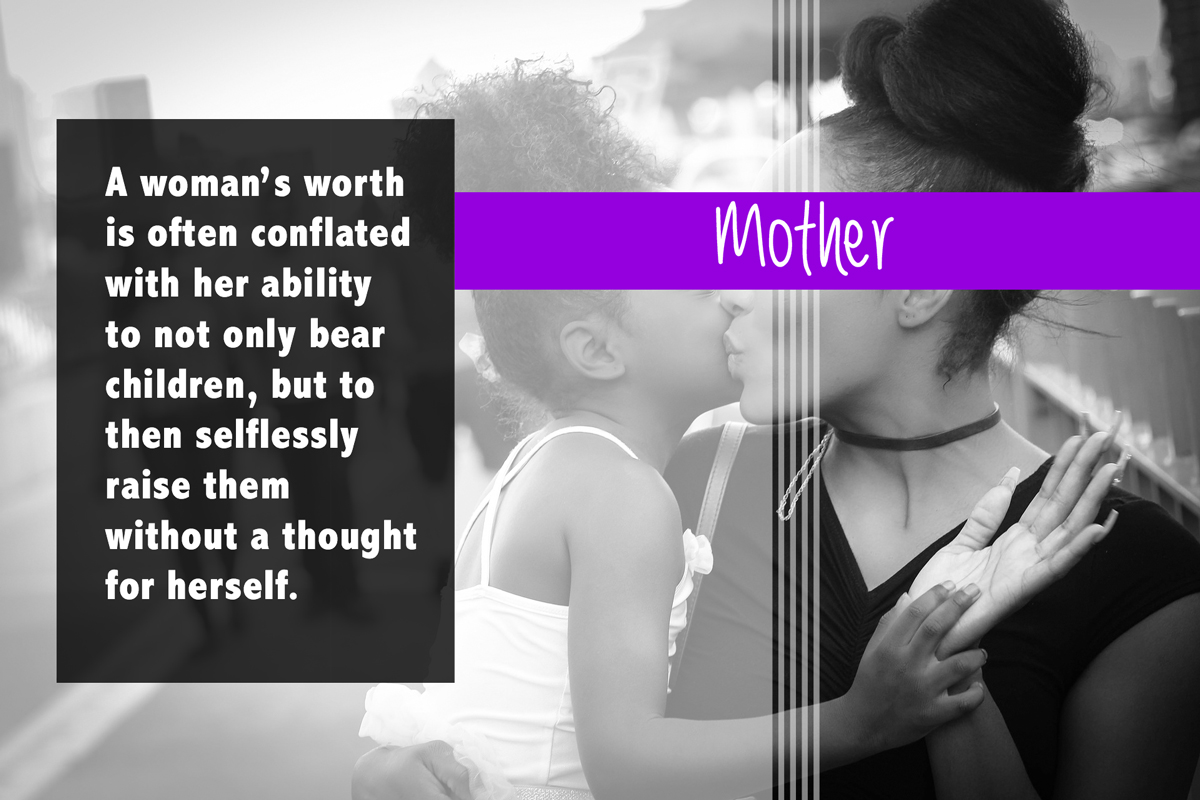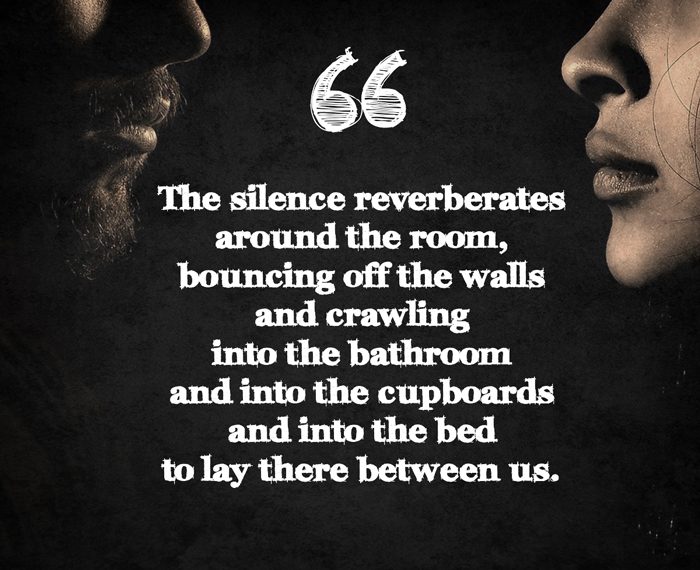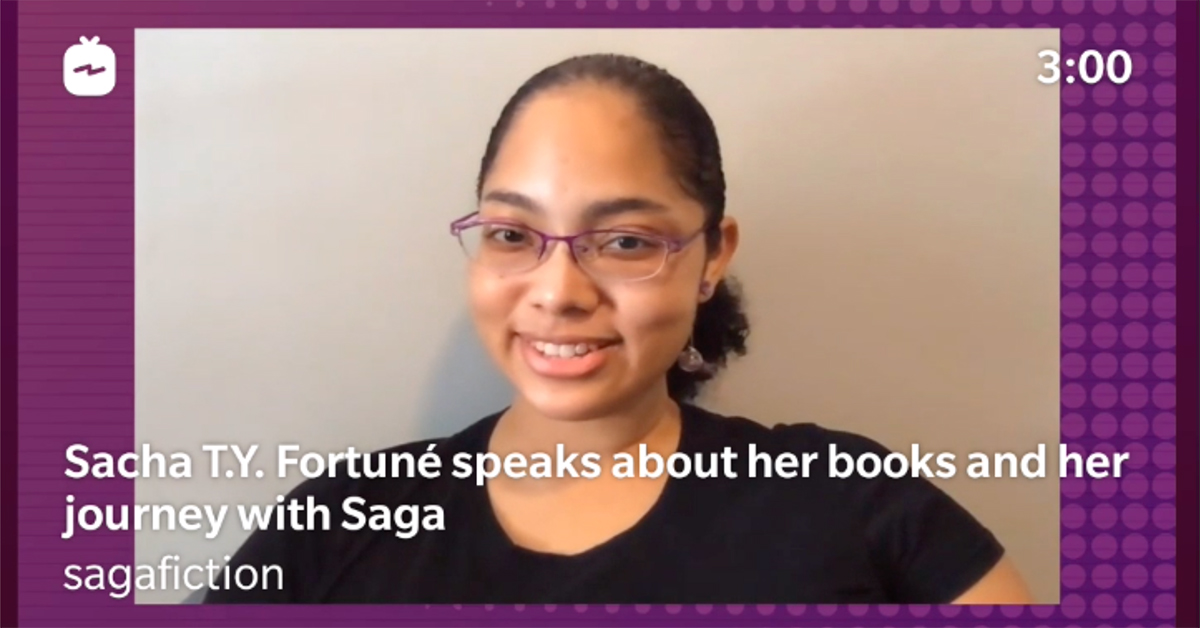Support & The Solitude of the Writer Life
Writing a book is like starting a business. (And I’ve done both.)
Particularly when it comes to support from your network.
Or who you “think” is your network, anyway.
You know… your friends, your family, your coworkers or colleagues, and the like.
Almost everyone who’s aware of your writing “hobby” (because that’s the box they’ve put it into, in their minds) will have genuine words of support while your work is in progress, and maybe even when it’s out there.
But for many… once the time is upon us to actually support beyond saying “Congrats”… it’s crickets.
The Business of Support
Recently, a friend of mine opened a business. I stopped in, bought something, took photos, and posted it on social media.
Now, whenever I spot a post from this friend about the business, I’ll share and add a line or two encouraging my friends/followers to check it out.
And every chance I get, if I think someone’s even remotely interested, I’ll mention in a word-of-mouth convo: “Oh, if you’re looking for X, I know this place…”
Mind you, I’m not even that close to this guy. And this guy is BELOVED. He has hundreds, maybe even thousands, of friends. People know he’s talented.
But when he took this talent to create something bigger, I was in the tiny percentile that gave a rat’s ass.
Still, when any already-famous celebrity does the slightest thing, the average Joe or Josephina jumps on top of it to support.
…To yell “me too!” into a cacophony of noise that won’t make the slightest difference to its producer.
The (Writer) Cheese Stands Alone
Fortunately for me, I didn’t expect too much from my immediate real-life network in terms of writing.
I never have, if we’re being entirely honest here.
I’ve been writing FOREVER, and as a child I was lucky to have parents who would share my stories and novels and accomplishments with their colleagues, whether or not they read it themselves — just because they were proud I was writing.
But apart from those who brought you into this world… (and in some cases, not even them!)… I wouldn’t recommend counting on anyone else’s lifelong support for your accomplishments.
Even at university, when I was President of the Writers’ Guild at one point, I knew that this world — writers — would always be separate from my friends who I’d go out and party with.
I’m not saying that writers can’t party. Oh, we can, and we did, and we do!
But (almost) anyone you meet outside of that safe space of “Hey, we are both writers” will NEVER understand the struggle.
They’ll never know how much their support means, or maybe even how to support you. And that’s if they even want to!
Solitude & Sacrilege
I’m three years into my published writing journey so far, and I can count maybe 10-15 friends that have done even one of the following: (1) bought the book (2) downloaded a free copy when prompted (3) left a review (4) told their friends (5) done literally anything beyond say “Congrats”.
It’s not that my friends suck. I love my friends.
…But my friends aren’t writers.
They don’t live with fully-fleshed characters in their heads for 15-20 years.
They don’t spend countless hours trying to fix a scene to make it “just right”.
They don’t spend entire chunks of their day hopping from author Facebook group to promo Facebook group and back again, or literally years just browsing the internet trying to learn the marketing side of this craft.
They don’t understand that your writing, your fictional world, and your characters are sacred… and their blatant disregard or flippant remark may be hurtful.
They’re sweet, and maybe they mean well… but they don’t get it. They simply can’t.
Even if they try to (and most don’t), the reality is that everyone else is living their lives while you’re writing yours away.
Or, quite simply: they aren’t your target market.
But somewhere out there is someone who will support you in the ways you need. That person, that reader, that fan… for whom your story will change their life.
…It’s just really, really unlikely that that person will ALSO be your friend.
Education & Understanding
So if this post seemed bitter from the jump, I hope it’s not coming off like that now.
It’s not about writers screaming “buy my book” until their network is tired of hearing it, and it’s not about friends being unsupportive.
It’s about education and understanding. As writers, it’s our job to educate our network — tell others what we want, when we want it, and how much we would appreciate it.
As I posted recently to one of those bajillion author groups I now belong to:
You don’t often get things you don’t ask for.
So writers… (and I’ve seen the bitter posts on many author groups!)… ASK. Just ASK. Don’t be ashamed to flaunt your writer wares to your loved ones and explicitly outline: “This is how I would like you to help me, even if you have zero intention of ever buying or reading my book.”
We live in a shareable world driven by social media influencers, and amidst the cacophony of noise, any little nudge will help.
So, writers, ask for that nudge! Here’s mine:
You can share my posts, my promotional images, my Author website, my purchase links, my Facebook page @SFortuneAuthor, my Instagram feed @sfortuneauthor, or my Twitter feed @authorsfortune.

